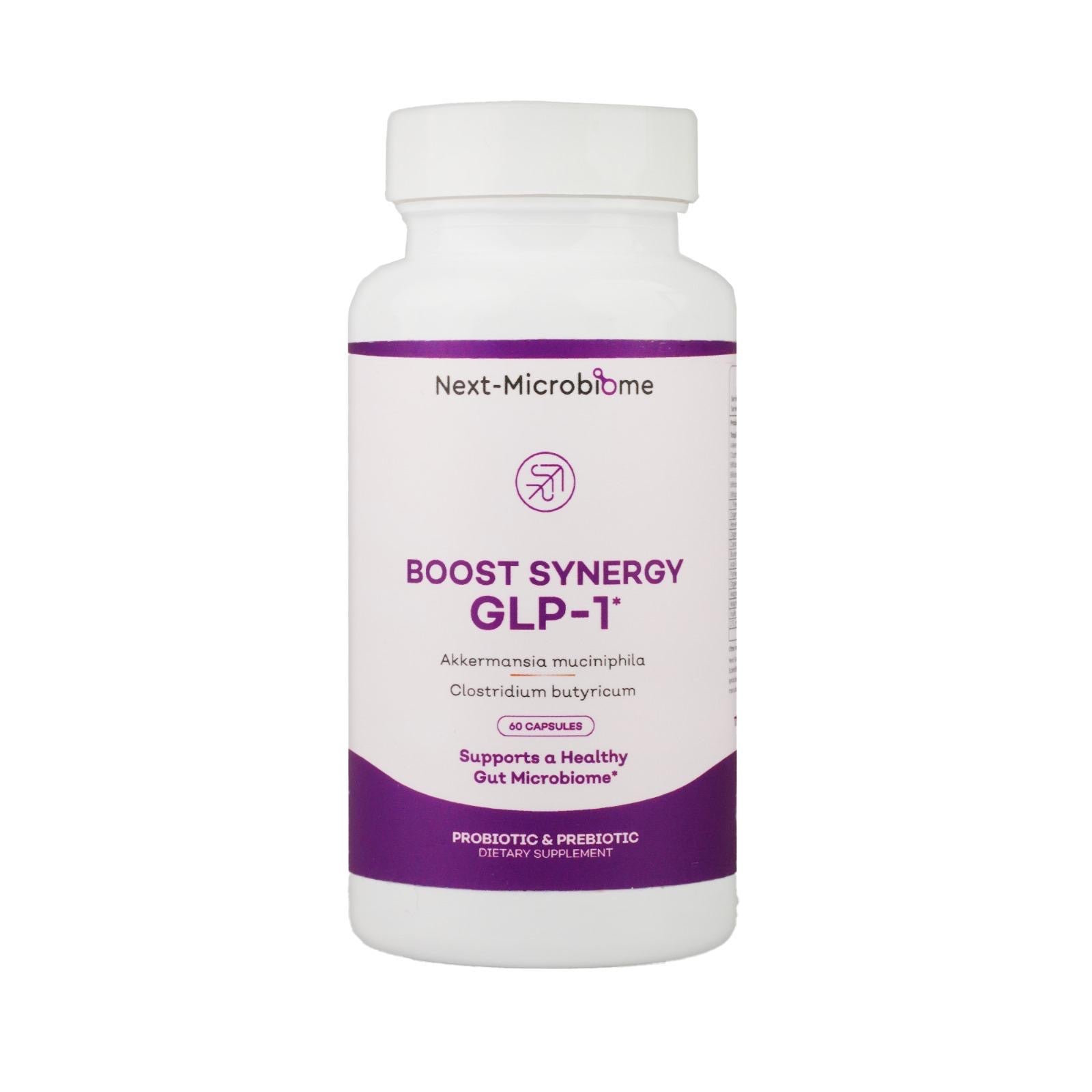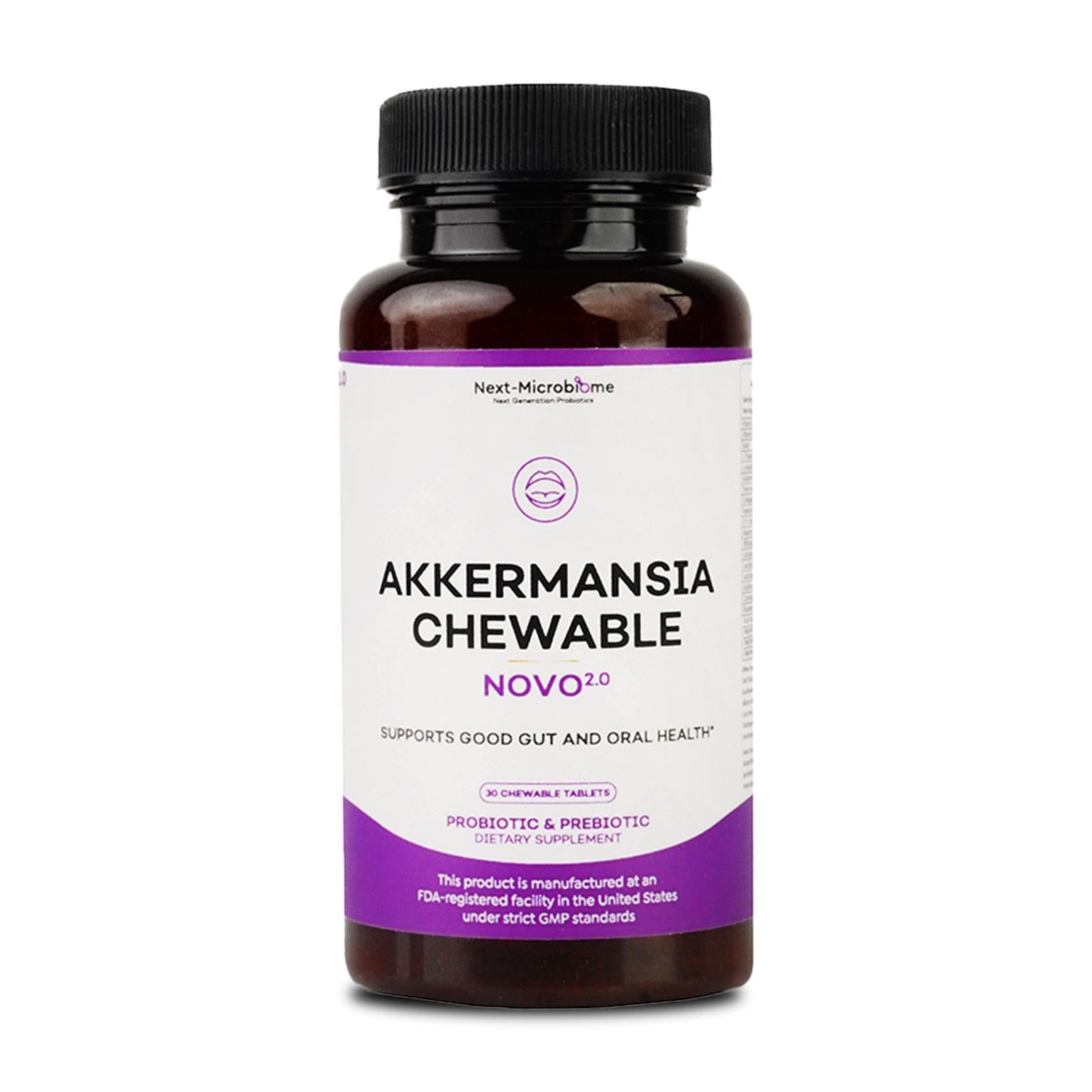
Akkermansia Probiotics for Bloating, Gas & Digestion
Probiotics for Digestive Issues: Reduce Bloating, Gas & Digestive Discomfort
Bloating, gas, abdominal discomfort, irregularity, and gut sensitivity are among the most common digestive complaints. These symptoms are often signs of an imbalanced microbiota—the community of bacteria that help regulate digestion.
This is why searches for “probiotics for digestive issues,” “digestive probiotics,” and “probiotics for digestive health” have sharply increased in recent years.
Digestive probiotics are clinically shown to:
-
reduce gas and bloating
-
support smoother digestion
-
strengthen the gut lining
-
improve bowel regularity
-
lower inflammation
-
rebalance the microbiota
This article explains how probiotics work, which strains are most effective, and why they are essential for digestive comfort.
Why Digestive Issues Occur: A Microbiota Disruption
Digestive discomfort frequently develops when beneficial gut bacteria decline due to:
-
stress
-
antibiotic use
-
low-fiber diet
-
highly processed foods
-
infection
-
poor motility
-
weakened gut lining
A 2024 clinical review published in Nutrients confirmed that probiotics significantly improve gastrointestinal symptoms, rebalance microbial composition, and strengthen the gut barrier
👉 https://pmc.ncbi.nlm.nih.gov/articles/PMC10975713/
A 2025 umbrella meta-analysis published in the European Journal of Medical Research showed probiotics reduce digestive symptoms such as diarrhea, nausea, bloating, and epigastric discomfort
👉 https://eurjmedres.biomedcentral.com/articles/10.1186/s40001-025-02788-w
Digestive issues are not random—they reflect a microbiota imbalance.

How Probiotics Reduce Digestive Issues
Digestive probiotics influence gut function through several key pathways:
1. Reduce Gas & Bloating
Probiotics reduce fermentative gas production and help break down carbohydrates more efficiently.
A 2023 randomized controlled trial in Frontiers in Nutrition found that a multi-strain probiotic significantly improved bloating, digestive discomfort, stool satisfaction, and microbiota balance in adults with functional GI symptoms
👉 https://www.frontiersin.org/journals/nutrition/articles/10.3389/fnut.2023.1196625/full
2. Improve Motility & Regularity
Strains such as Bifidobacterium support smoother bowel movements and reduce irregularity.
3. Strengthen Gut Lining Integrity
Species like Clostridium butyricum produce short-chain fatty acids that nourish colon cells and support mucin regeneration.
4. Reduce Inflammation
Probiotics interact with immune cells, lowering GI inflammation—one of the main drivers of sensitivity and discomfort.
5. Restore Microbial Diversity
Higher microbial diversity = fewer digestive symptoms.
Best Probiotic Strains for Digestive Issues
Bifidobacterium BB-12
Supports bowel regularity and relieves discomfort.
Bifidobacterium breve, B. adolescentis, B. bifidum
Reduce bloating, ease pressure, and enhance digestive comfort.
Lactobacillus species
Improve upper GI balance and help with occasional indigestion.
Clostridium butyricum
A butyrate-producing probiotic that strengthens gut lining integrity and reduces sensitivity.
These strains form the backbone of high-quality digestive probiotics.
Digestive Issues & Akkermansia: The Deeper Layer
Many digestive problems originate at the gut lining, not just in the gut lumen.
This is where Akkermansia muciniphila becomes important.
Akkermansia supports:
-
mucin layer integrity
-
lower inflammation
-
improved motility
-
better microbial balance
-
reduced gut sensitivity
To understand how Akkermansia supports digestive function, read:
👉 Digestive Probiotics: Reduce Bloating, Strengthen Gut Lining & Improve Digestion
Together, probiotics + Akkermansia support both the surface and deep layers of digestion.
Choosing the Right Probiotic for Digestive Relief
A powerful digestive probiotic supplement should include:
-
multi-strain Bifidobacterium + Lactobacillus
-
Clostridium butyricum
-
prebiotics (inulin, FOS, HMO 2’-FL)
-
polyphenols
-
clean-label ingredients
For a next-generation formula supporting digestion, motility, gut lining health, and Akkermansia growth, explore:

🟦 INTERNAL LINKS
- Probiotics for Stomach Health: Reduce Sensitivity & Support Digestive Comfort
-
Probiotic Supplements for Gut Health: Strengthen Gut Lining & Support Digestive Balance
❓ FAQ (6 Questions)
1. What probiotics help with digestive issues?
Clinical strains like Bifidobacterium BB-12, B. breve, Lactobacillus species, and Clostridium butyricum are effective.
2. How fast do probiotics reduce bloating and gas?
Most people see improvements within 1–3 weeks.
3. Can probiotics help with stomach sensitivity?
Yes — they support the gut lining and reduce inflammatory triggers.
4. Do I need to take probiotics every day?
Daily use provides consistent support for microbial balance and digestive stability.
5. Do probiotics work better with prebiotics?
Yes — prebiotics feed probiotics and enhance their colonization.
6. Can probiotics reduce inflammation in the gut?
Yes — SCFA-producing strains help regulate inflammation and promote gut lining resilience.
Written by Ali Rıza Akın
Microbiome Scientist, Author & Founder of Next-Microbiome
Ali Rıza Akın is a microbiome scientist with nearly 30 years of biotechnology and translational research experience in Silicon Valley. He is the discoverer of Christensenella californii, a novel human-associated bacterial species linked to metabolic health and mucosal integrity.
His scientific work spans:
-
mucosal immunology
-
gut barrier biology
-
oral–gut microbiome interactions
-
SCFA metabolism
-
next-generation probiotics (Akkermansia, Christensenella, Clostridium butyricum)
-
host–microbe signaling
-
microbial therapeutics
He is the author of Bakterin Kadar Yaşa: İçimizdeki Evren (Live as Long as Your Bacteria) and a contributor to Bacterial Therapy of Cancer: Methods and Protocols (Springer, Methods in Molecular Biology).
As Founder of Next-Microbiome, Ali develops advanced synbiotic formulations — including the industry’s first chewable Akkermansia-supporting synbiotic — designed to strengthen the gut lining, support metabolic resilience, enhance mucosal immunity, and harmonize the oral–gut microbiome axis.










